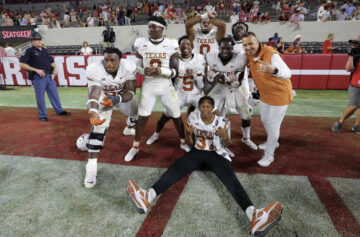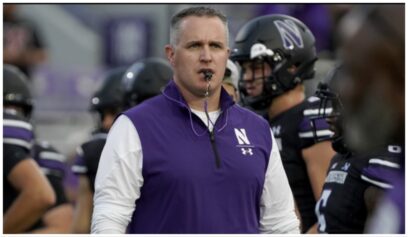Before teams representing their countries from around the world arrived in Brazil, the country’s president, Dilma Rousseff, took the opportunity to label 2014 the “anti-racism World Cup.”
The declaration came after a wave of racist incidents in soccer around the world targeting black players, many of whom are Brazilian. While it’s a well-intentioned gesture and a particularly important one for a World Cup being hosted in the country that’s home to the largest population of people of African descent outside of Africa, Brazil has a complex past and present when it comes to race.
That complexity can perhaps best be illustrated by the fact that many black Brazilians don’t think of themselves as black. Brazilian soccer star Neymar is a great example. Asked during an interview in 2010 if he had ever experienced racism, his response was, “Never.” He added, “Not inside nor outside of the soccer field. Even more because I'm not black, right?”
This denial of blackness may seem confusing to many Americans, because despite his long, straightened and occasionally blond hair, Neymar is clearly black. (Take a look at a picture of young Neymar with his family.) But for Brazilians, being black is very different from what it is in the United States.



